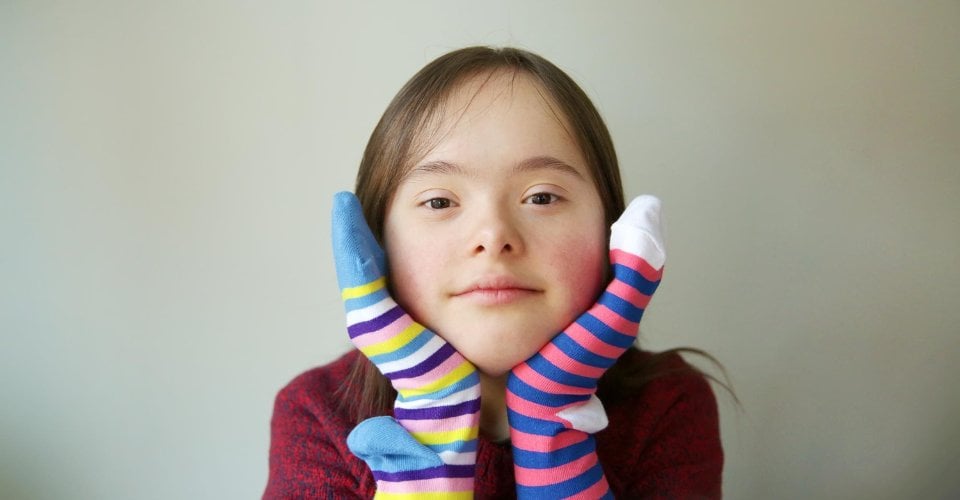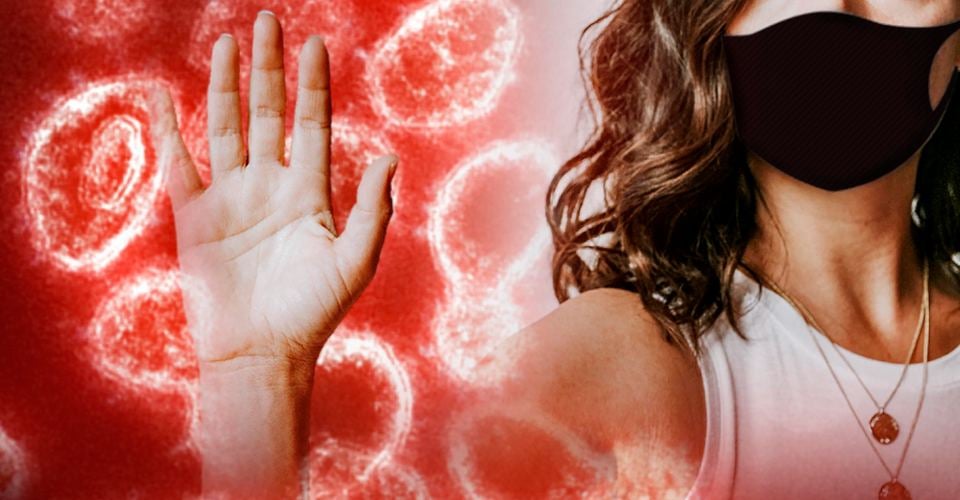In a society where moral values are often highly regarded, it may be surprising to learn that narcissists often perceive themselves as morally superior to others. Recent research published in the journal Personality Disorders: Theory, Research, and Treatment reveals that, despite their inclination towards harmful behaviors, these individuals typically view themselves as being more virtuous and morally upright than those around them.
Understanding the Dark Tetrad
The four traits commonly known as the “Dark Tetrad” involve behaviors that prioritize one’s self-interest over the well-being of others. Individuals with these traits tend to display an exaggerated sense of their own importance, manipulate social situations for personal gain, show a lack of empathy while engaging in impulsive actions, and take pleasure in causing distress to others.
Since these characteristics often lead to actions that many people would view as morally wrong, it might be assumed that those who exhibit them are aware of their moral shortcomings. However, the study aimed to explore whether individuals with these dark traits perceive themselves as morally inferior or if they believe their actions are justified and they are, in fact, better than they truly are.
The Study: Self-Perception vs. Reality
The researchers collected data from 515 participants who filled out questionnaires assessing their Dark Tetrad traits and how they perceive their own morality. Participants were asked to rate themselves on a variety of moral and immoral personality characteristics, including honesty, kindness, selfishness, and cruelty. These self-evaluations were then analyzed by the researchers to determine if participants believed they were more moral compared to others.
Surprisingly, individuals with higher levels of Dark Tetrad traits tended to view themselves as more moral than most others. This “better-than-average effect” was particularly prominent among narcissists and those with Machiavellian tendencies, who rated their moral qualities higher, despite their manipulative and self-serving behaviors.
The Surprising Results
The study found that individuals with traits commonly associated with psychopathy or sadism also tend to view themselves as morally superior to others, though to a lesser extent compared to narcissists and Machiavellians.
This contrast between self-perception and reality is particularly interesting. It suggests that people exhibiting Dark Tetrad traits not only engage in harmful behaviors but also justify them by convincing themselves that such actions are morally justified. For example, if these individuals already believe they are morally superior, it raises the question of why they would feel the need to change their behavior.
The Impact of Low Expectations
Another notable finding from the study was that individuals with Dark Tetrad traits often held negative views about the morality of others. They frequently saw ordinary people as possessing a blend of both positive and negative qualities, which helped them rationalize their own sense of moral superiority. By lowering the moral expectations for others, they could easily place themselves above them, thus strengthening their belief in their own moral righteousness. This tendency was particularly evident in individuals with narcissistic traits, who often perceived themselves as more virtuous compared to those around them.
Future implications
This study not only sheds light on the self-perceptions of individuals with Dark Tetrad traits but also raises important questions for future research. Specifically, could efforts aimed at challenging these individuals’ beliefs of moral superiority improve their self-awareness, leading to positive behavioral change?
Understanding this dynamic could be beneficial for those in relationships or workplaces with individuals displaying these traits, as it may help them navigate interactions more effectively.
The researchers suggest that by enhancing self-awareness in people who exhibit Dark Tetrad traits, there is potential to reduce harmful behaviors. Confronting individuals with an honest view of their actions could make them more receptive to change, benefiting not only themselves but also society as a whole.
Conclusion
It is hoped that these findings will serve as a foundation for developing more effective ways to help individuals with Dark Tetrad traits, such as Narcissists, to gain a deeper understanding of how their behaviors impact others, thereby encouraging them to pursue positive change. As research continues, it is anticipated that these results will inform the creation of improved intervention strategies for individuals struggling with dark personality disorders.






















Leave a Reply
You must be logged in to post a comment.